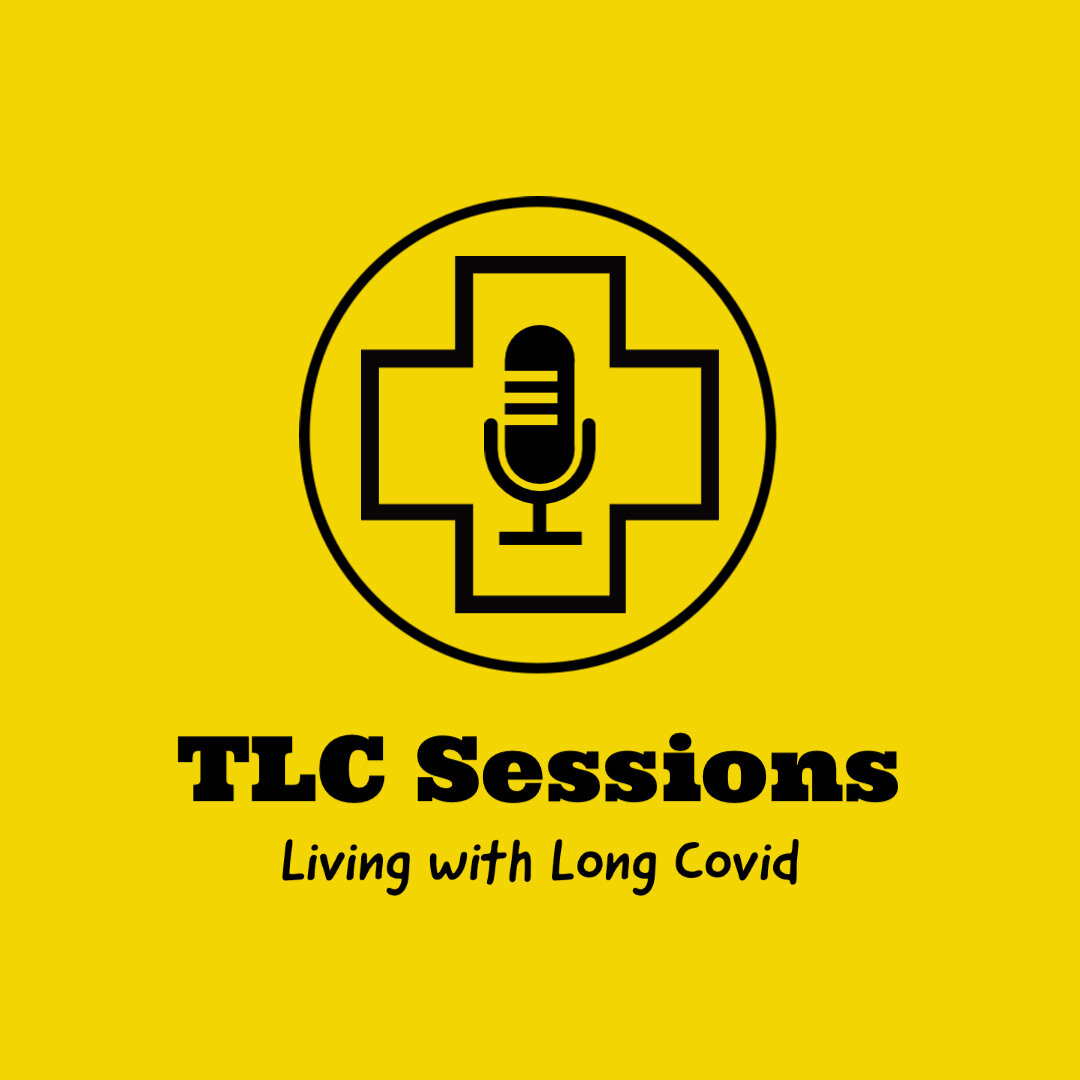Episode 78: Dr. Benjamin Krishna - Interferon Gamma
This week we talked to Dr. Benjamin Krishna from the Cambridge Institute of Therapeutic Immunology & Infectious Disease. He was part of a study led by the University of Cambridge that has discovered that the protein interferon gamma (IFN-γ) might be a key indicator of Long Covid. This finding could help develop treatments and offer a clear diagnosis for some patients.
Published in Science Advances, the study tracked patients with Long Covid fatigue for over 2.5 years to understand why some recovered while others did not.
The study found that an initial COVID-19 infection causes the immune system to produce IFN-γ. Normally, this production stops after the infection clears, but in some Long Covid patients, high levels of IFN-γ continued for up to 31 months.
"We've found a potential way to identify Long Covid. This could help create treatments and give some patients a definite diagnosis," highlighted Dr. Krishna.
The research started in 2020 when Dr. Nyarie Sithole set up a Long Covid clinic at Addenbrooke’s Hospital in Cambridge, collecting blood samples from patients to study their immune response. Dr. Benjamin Krishna and Dr. Mark Wills from the University of Cambridge's Department of Medicine joined the study.
The team studied 111 confirmed COVID-19 patients at various stages and recruited 55 Long Covid patients with severe symptoms at least five months after their initial illness. They analyzed blood samples for cytokines - proteins essential for immune function - and found that white blood cells in Long Covid patients continued to produce IFN-γ.
Dr. Krishna explained IFN-γ is a key player in the immune response - produced by the T-cells, it is a moderator of inflammation and works with other cells to mediate a response to viral and bacterial pathogens. In this instance the researchers identified the specific immune cells responsible for producing the IFN-γ: CD8+ T cells and CD14+ monocytes.
Unlike previous studies, this research followed patients long enough to see a decline in IFN-γ levels. They found that over 60% of patients saw some or all symptoms improve as their IFN-γ levels dropped.
Given the many different Long Covid symptoms it remains unlikely they are all caused by one thing. But with Long Covid symptoms resolving as IFN-γ levels return to normal, therapies that could lead to reducing IFN-γ - such as anti-inflammatories - could be a good route to explore in the treatment of Long Covid.

